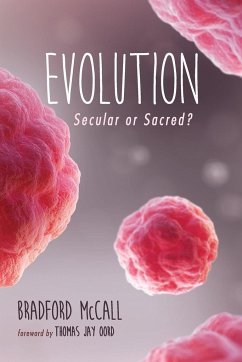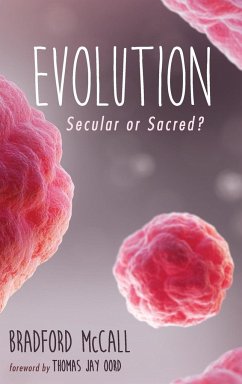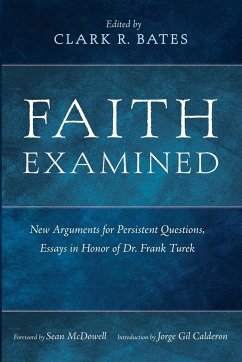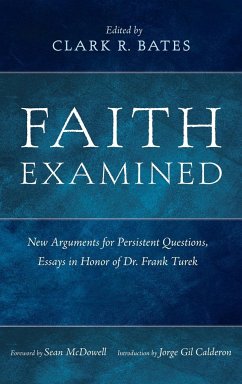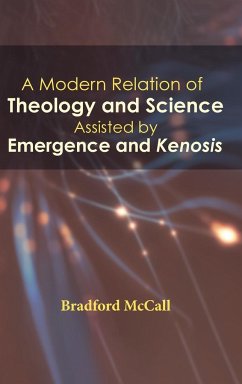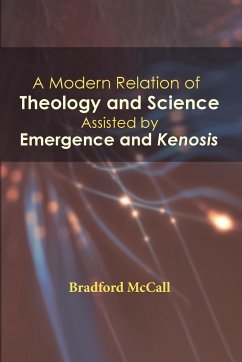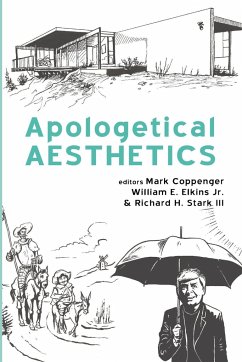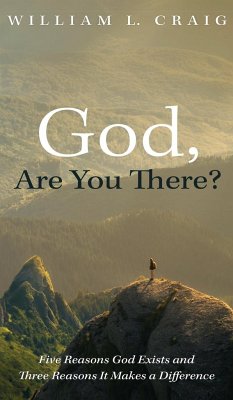Should we attempt to understand (macro-)evolutionary biology, in the twenty-first century, as secular or sacred? This book will attempt to answer this question by exploring the secular evolutionary worldview, the author's view of kenotic-causation, Whitehead's views on chance, Derrida's views on non-human animals, a statement upon the God of chance and purpose, Augustine's various theologies of creation, a decidedly non-dualistic (macro-)evolution, a provocative thesis regarding evolutionary Christology, the connection between kenosis and emergence, and an explication of both Anders Nygren and Thomas Jay Oord's views of love in the contemporary environ. It also develops the author's personal view regarding necessary, kenotically-donated, and self-giving love, and argues that kenosis and emergence can add to the discussion of understanding the theology-science-love symbiosis. It advocates and explicates herein a monistic process-based view of the overlapping relationship between theology and science.
Hinweis: Dieser Artikel kann nur an eine deutsche Lieferadresse ausgeliefert werden.
Hinweis: Dieser Artikel kann nur an eine deutsche Lieferadresse ausgeliefert werden.

